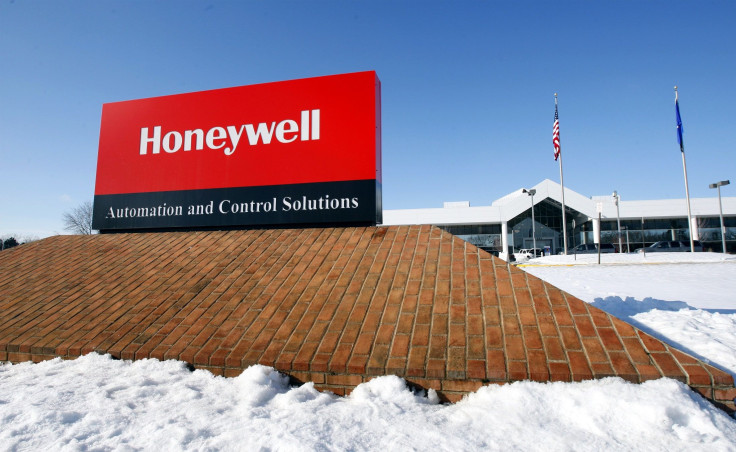Honeywell Layoffs: 470 Staff To Be Terminated As N95 Mask Demand Drops
KEY POINTS
- The layoffs come as many U.S. states are ending or scaling back mask mandates
- The decision only affects employees on the N95 production line at the Smithfield site
- Terminated employees "encouraged to apply for other positions in the firm"
Honeywell International Inc. is set to lay off 470 employees at its Smithfield facility due to a “dramatic reduction in demand for N95 face masks in the United States.”
Company spokesman Eric Krantz on Wednesday said the layoffs would only affect employees working on the N95 production line at the Smithfield site. Workers from other facilities would not be affected.
Smithfield facility had a dedicated production line to make N95 face masks.
“We are now seeing a dramatic reduction in demand for N95s in the U.S. as many states are ending or scaling back mask mandates and vaccinations are being widely distributed,” Krantz said in a statement to the Boston Globe. “For these reasons, Honeywell is adjusting its N95 operations and ceasing manual production of N95s at our facility in Smithfield.”
The affected employees would be encouraged to apply for other positions within the company, Krantz said, adding that Honeywell “would also offer severance pay to those eligible for it.”
The layoffs come after the U.S. Centers for Disease Control and Prevention on May 13 recommended that fully vaccinated individuals would no longer need to wear masks in most indoor and outdoor settings.
"If you are fully vaccinated, you can start doing the things that you had stopped doing because of the pandemic," CDC Director Dr. Rochelle Walensky had said at a White House briefing. "We have all longed for this moment when we can get back to some sense of normalcy."
The recommendation that vaccinated people could forgo masks, except in hospitals or public transit, has left experts worried.
“We are only just now getting to a reduced level over the last two weeks of cases, deaths, and hospitalizations. By the way, we were at this same level almost one year ago, and look at what happened in the intervening year. This feels a month or two premature in my mind,” Gregory Poland, an infectious diseases expert who heads the Mayo Clinic’s Vaccine Research Group in Minnesota, told Science News.
Google searches for fake COVID-19 vaccination cards also rose between 950% and 1,150% across the U.S. following the CDC’s announcement.

© Copyright IBTimes 2025. All rights reserved.






















